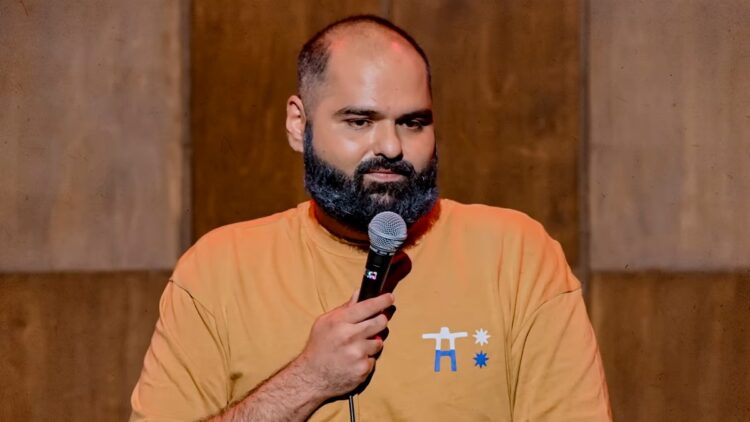In a significant legal move, stand-up comedian Kunal Kamra has petitioned the Supreme Court of India to issue an interim stay on the implementation of the Fact-Checking Unit (FCU) established under the Information Technology (IT) Rules 2023. The FCU, aimed at identifying and flagging fake and false content on social media related to the government, has sparked controversy and legal challenges since its inception.
Previously, the Bombay High Court declined to grant an interim stay on setting up the FCU under the 2023 Information Technology (Intermediary Guidelines and Digital Media Ethics Code) Amendment Rules (IT Amendment Rules 2023). Kamra’s plea, backed by his concerns about potential censorship and stifling of dissent, seeks to halt the FCU’s operations pending further judicial review.
Understanding the FCU:
The FCU, introduced through amendments to the Information Technology (Intermediary Guidelines and Digital Media Ethics Code) Rules 2021, empowers the government to combat fake, false, or misleading online content concerning its operations. Under these rules, the FCU is authorized to identify such content and alert social media intermediaries, who then face the choice of removing the flagged content or providing a disclaimer.
Kamra’s Argument:
Kamra contends that the FCU mechanism may incentivize social media platforms to engage in preemptive censorship to avoid legal repercussions. He argues that while ostensibly aimed at intermediaries, the FCU’s impact extends to users and the content they generate, potentially curbing freedom of expression.
Challenges Ahead:
The plea by Kunal Kamra underscores broader concerns about the potential chilling effect on online discourse and the balance between regulation and free speech in the digital realm. As the legal battle unfolds, the Supreme Court’s decision regarding the interim stay on the FCU implementation is awaited, setting the stage for a critical examination of digital media governance in India.

















Comments